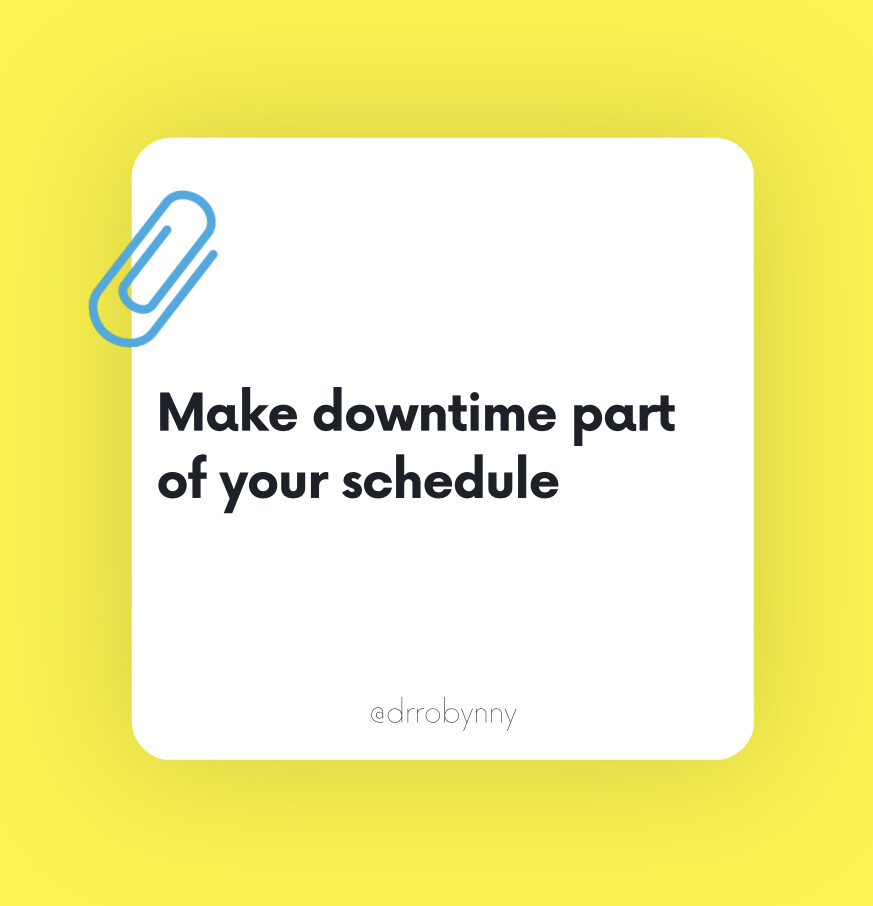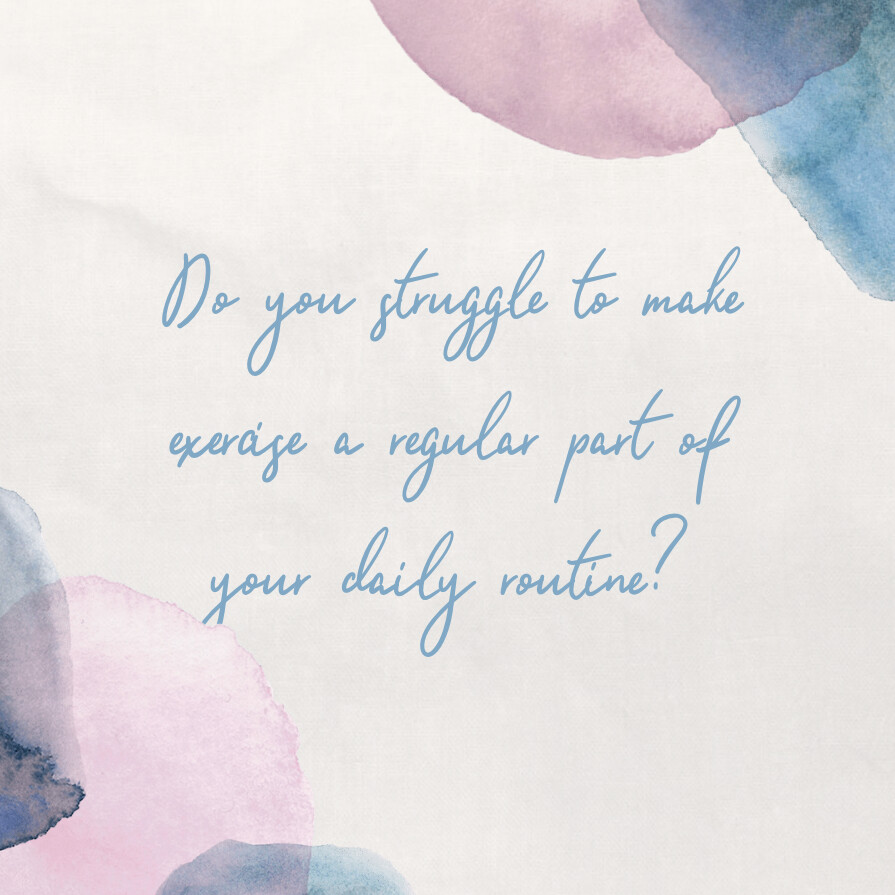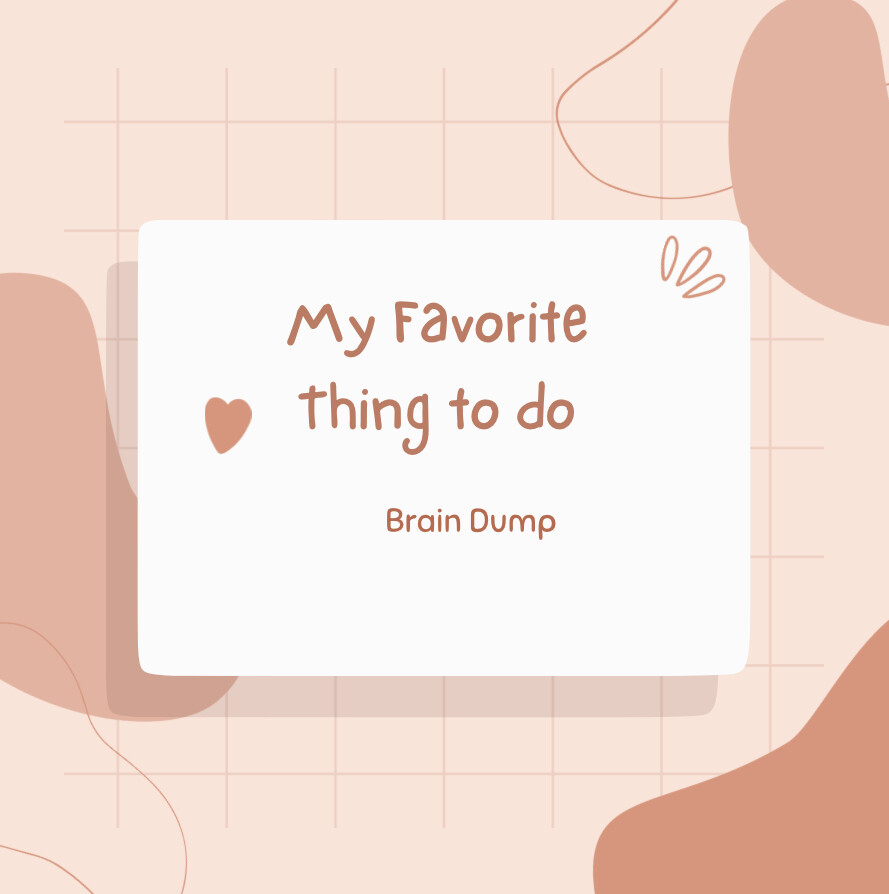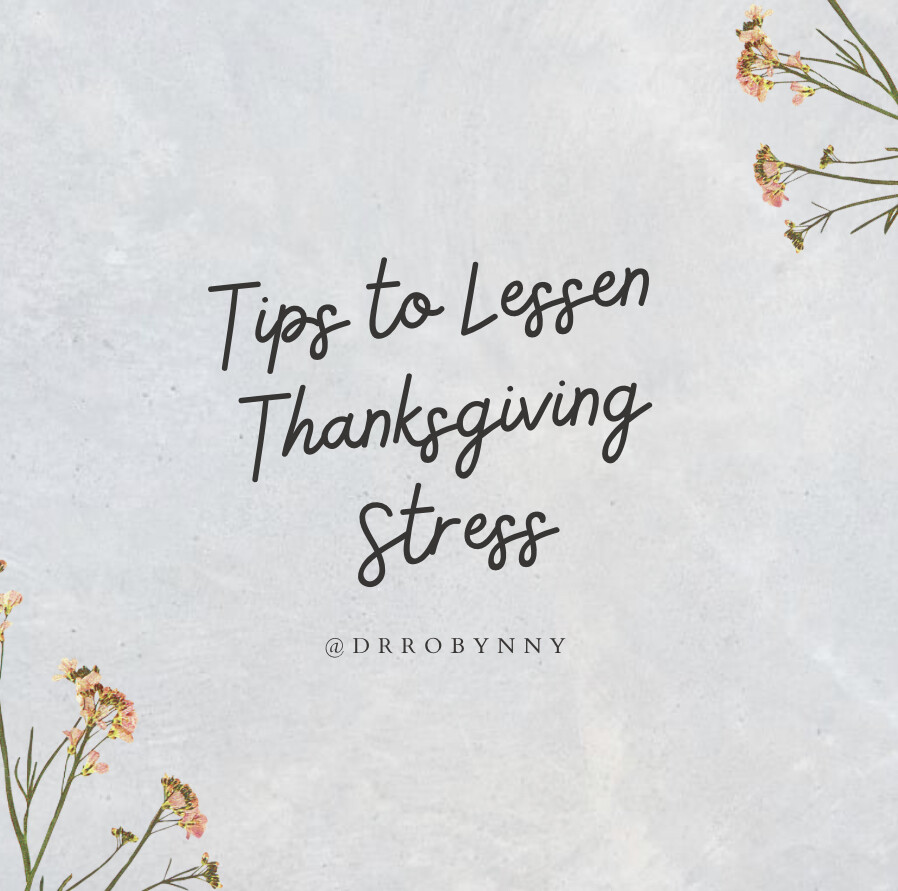
Are you cooking this Thanksgiving or are you going to another’s house?
If you are cooking, then this can be *stressful*! I’d like to share some tips that can hopefully lessen this stress for you.
1. Keep it simple. I know you probably have seen many extravagant tables that are garnished with the most beautiful meals but yours doesn’t need to be that fancy! Thanksgiving is about coming together and enjoying the company of others. Stick to your tried and true recipes, throw a tablecloth on the table and relax and enjoy the day.
2. Make a menu and make a list. You can write out your menu then write down everything you need! This should save the stress of running out of anything and/or making a million last minute grocery store runs. One thing I always forget is spices! Check your spices and make a note of any that are running low.
3. Delegate. YOU do not need to be the one who does EVERYTHING. Get the kids involved, get the spouse involved. If you are hosting other guests, ask them to bring a dish! If everyone contributes then that less you have to worry about and cook. I’ve found that your guests truly don’t mind to do this and even more, they WANT to help.
4. Prep what you can. Do all your peeling, chopping, etc beforehand so on Thanksgiving day you can put it together and into the oven.
How does cooking Thanksgiving look for you? A chaotic mess or calm and collected?
Love what you read? Subscribe to the blog and get it delivered to your imbox weekly!
Follow me in Instagram @drrobynny
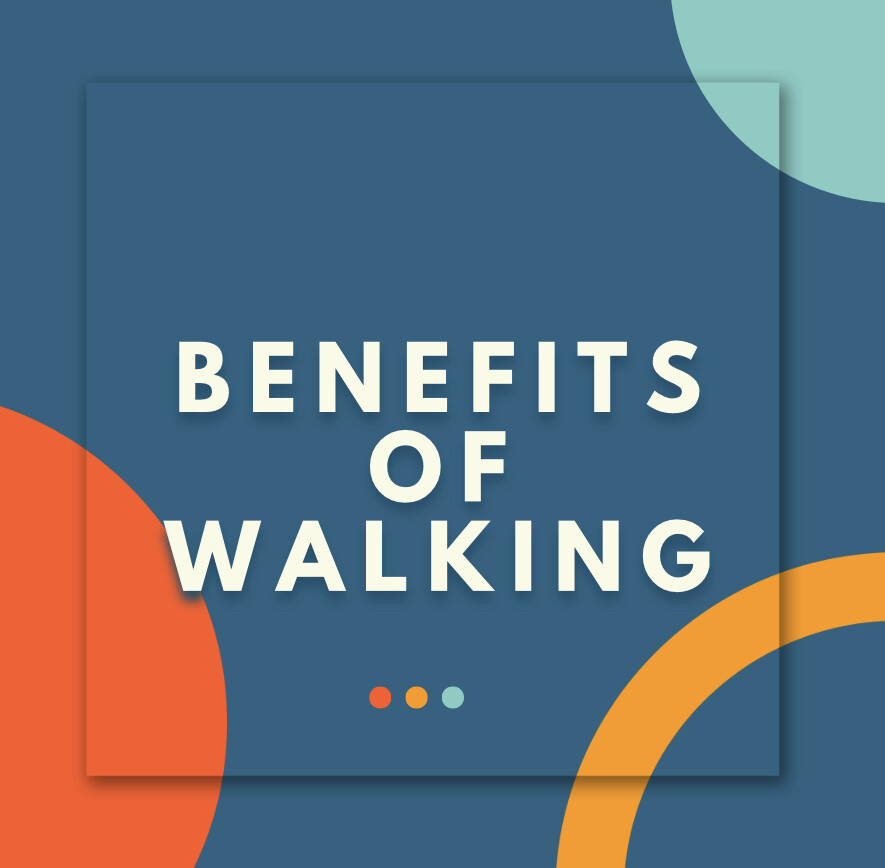
Everyday at lunchtime, I head out for a walk. This is my favorite part of the day.
- I get the sunlight to help set my circadian rhythm
- I get a dedicated 20-30 mins to be away from my phone
- I get vitamin D which helps boost the immune system
- On days I can’t workout, I know I moved my body in some way
Plus walking is an excellent form of exercise and it’s been proven to help with ADHD. Don’t believe me? Click the link below to read more about its amazing benefits.
https://www.google.com/amp/s/www.additudemag.com/the-adhd-exercise-solution/amp/
Love what you read? Subscribe to the blog and get it delivered to your imbox weekly!
Follow me in Instagram @drrobynny
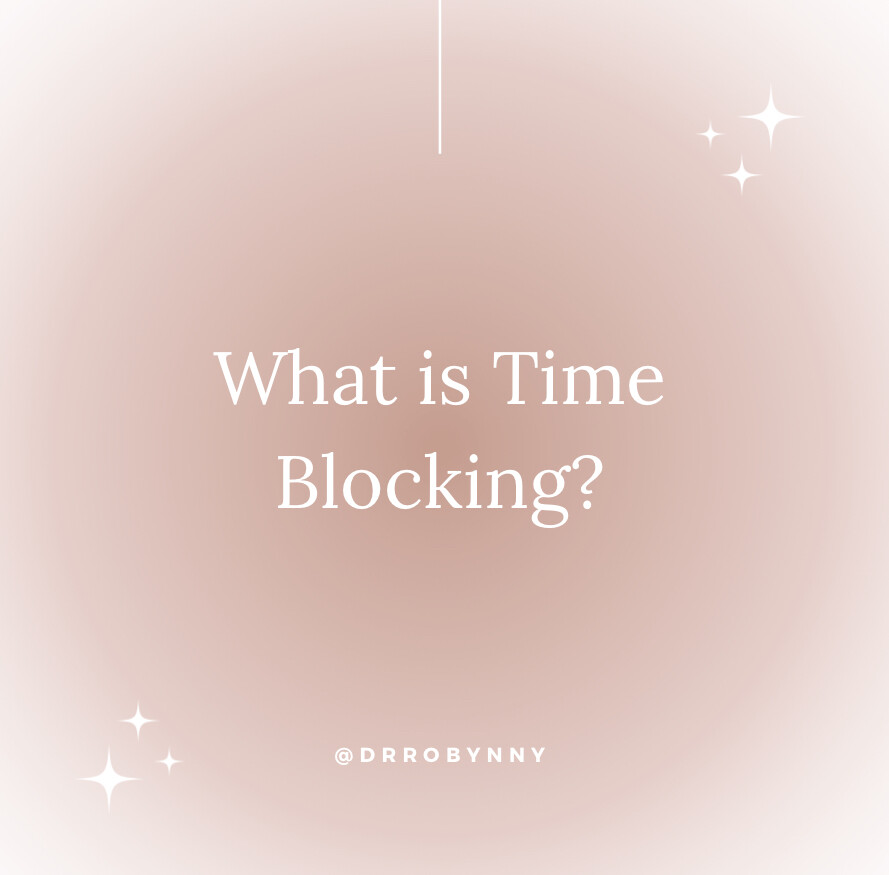
Focus tip of the day! Time blocking. Time blocking is a great way for you to become focused and efficient at your to-do list.
Time blocking is a method where you split your day into blocks of time. You dedicate each block to a task. The blocks can be your choice of whether they are hour long, half an hour, 10 mins, or a mix! It’s up to you and totally customizable. Whatever works for your schedule and each day can also be different. Maybe one day you need hour blocks and the next day you need to use 10 minute blocks.
Here’s how it looks as an example…
8:00 - 8:30 -- breakfast
8:30 - 9:00 -- exercise
9:00 - 10:00 -- house tidy up
10:00 - 10:30 -- check and respond to emails
And so on! Each time block of your day is ‘planned’ out so you are organized and centralized. No more searching for those random post-it notes and forgetting important appointments!
Give it a shot this week and let me know how it goes!
Psst! This is also a topic that we dive deeper into in my 5 Factor Focus course!
Love what you read? Subscribe to the blog and get it delivered to your imbox weekly!
Follow me in Instagram @drrobynny
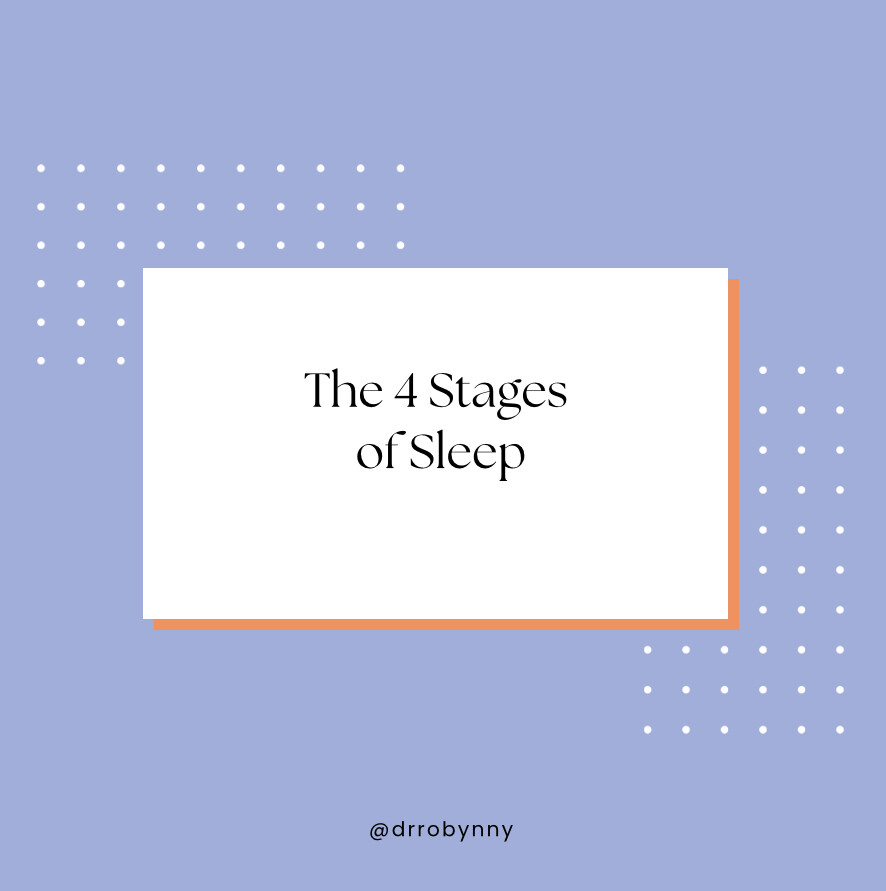
Many of us know we have REM sleep (when dreams happen) and Non-REM sleep but did you know that there are actually 4 stages? Each play a specific, unique role in brain health! I’ll keep my explanations brief on each.
Stage 1: The transition between awake and sleep. The brain is still producing theta waves. If you were to be woken up during this time, you would likely say that you weren’t even asleep.
Stage 2: The brain begins to produce sleep spindles (brief burst of fast activity) and heart rate begins to slow. The spindles play an important role in memory consolidation!
Stage 3: This is actually where deep sleep occurs and our muscles relax as our breathing slows. The brain produces deep, slow waves known as delta waves. We need this stage to feel refreshed the next day.
Stage 4: REM sleep. The brain becomes active while the body immobilizes so we don’t act out our dreams! The brain is working on memory consolidation in this phase also. Our brain activity mimics our awake brain activity during this stage.
Sleep tip of the day: create a bedtime routine just like you had when you were a kid. The associations will help clue your brain in that you are getting ready for sleep.
Extra sleep tip: Limit electronic use 30 mins before bed. I know! But trust me, its truly the most beneficial.
Love what you read? Subscribe to the blog and get it delivered to your imbox weekly!
Follow me in Instagram @drrobynny
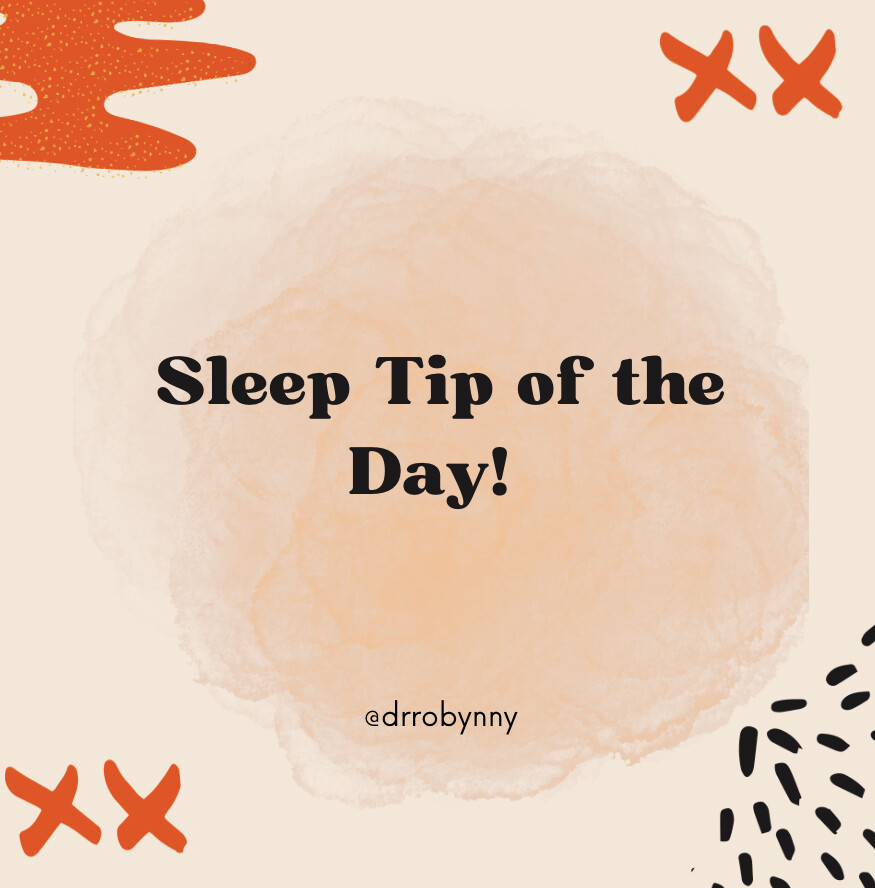
Sleep.. the thing we need but that thing is SO hard to get! Always seems like it’s never enough or not good enough.
Sleep is restorative to the brain by doing more than just resting. When we sleep, we are better able to: organize new information, have a better memory, and a more efficient thought process!
If we miss out on sleep, we may be more prone to anger, foggy thinking, lose or have false memories, and make some risky decisions! Not good!
Sleep tip of the day: go to bed and wake up at the same time each day. Yes! Including weekends!
This can be difficult at first but if kept at it, can really help with setting our circadian rhythm and boost sleep in the long term.
Do you struggle with sleep?
Love what you read? Subscribe to the blog and get it delivered to your imbox weekly!
Follow me in Instagram @drrobynny


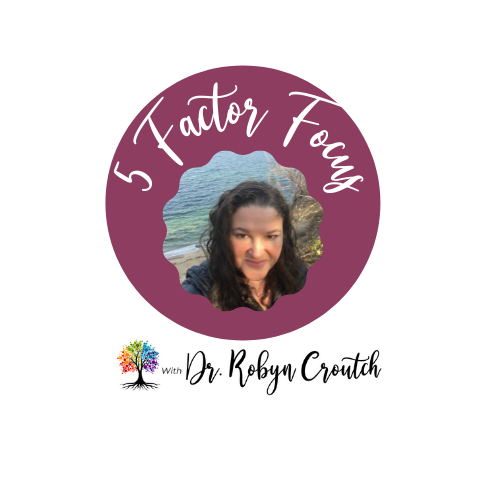
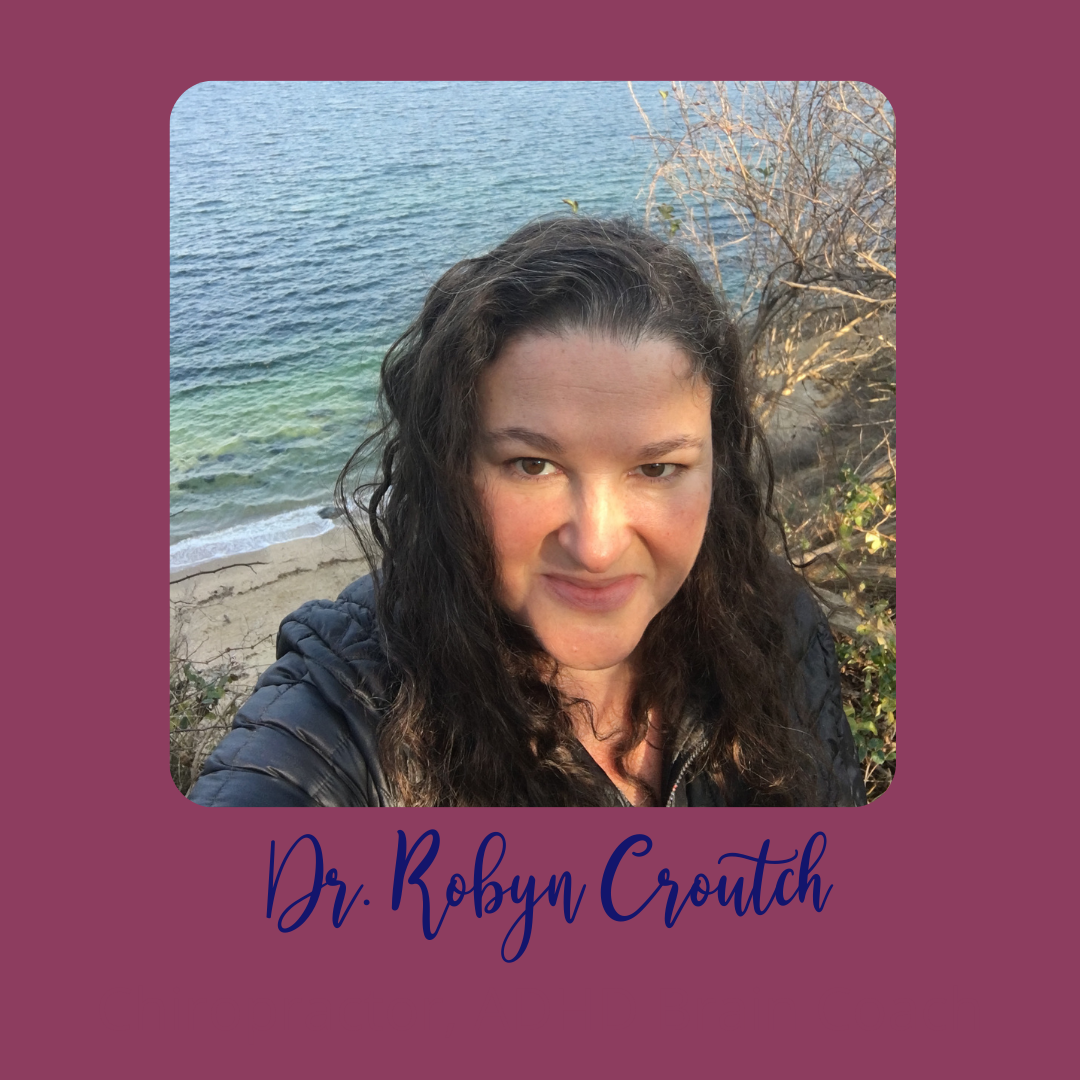 DO YOU STRUGGLE TO STAY FOCUSED? HYPER FOCUS? DISORGANIZED? HAVE ADHD? THINK YOU HAVE ADHD?
DO YOU STRUGGLE TO STAY FOCUSED? HYPER FOCUS? DISORGANIZED? HAVE ADHD? THINK YOU HAVE ADHD?